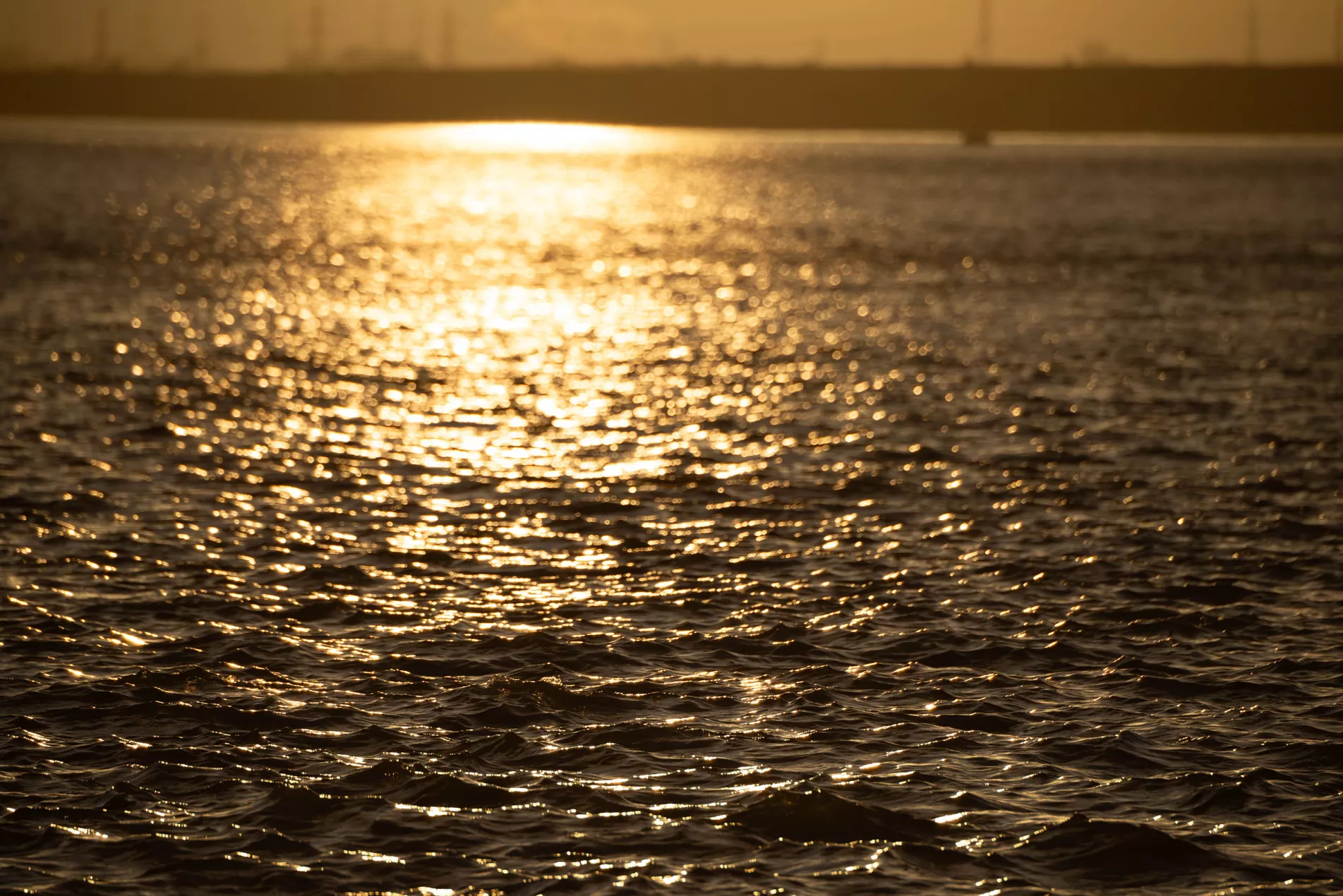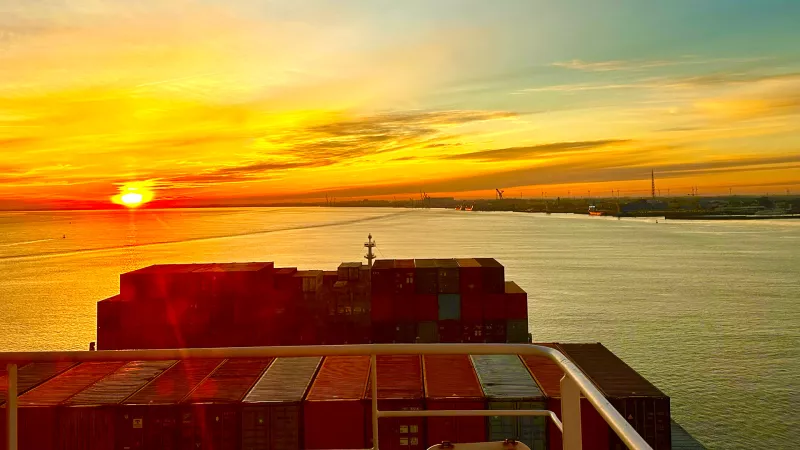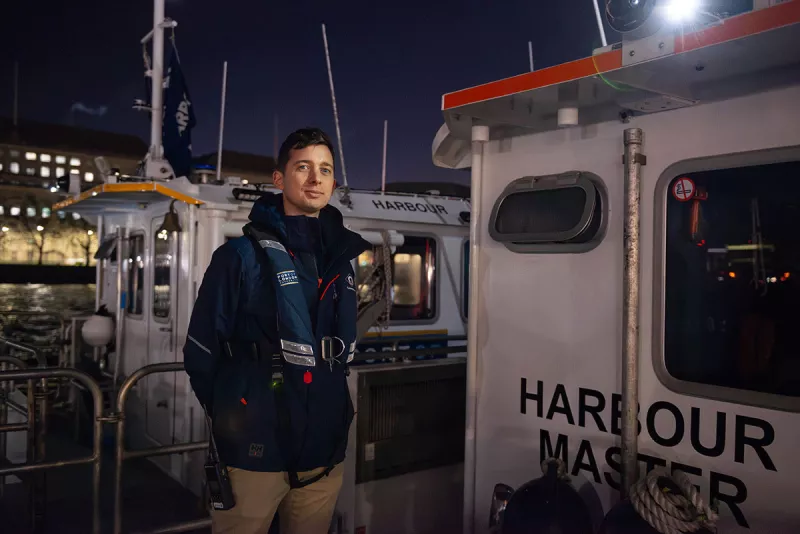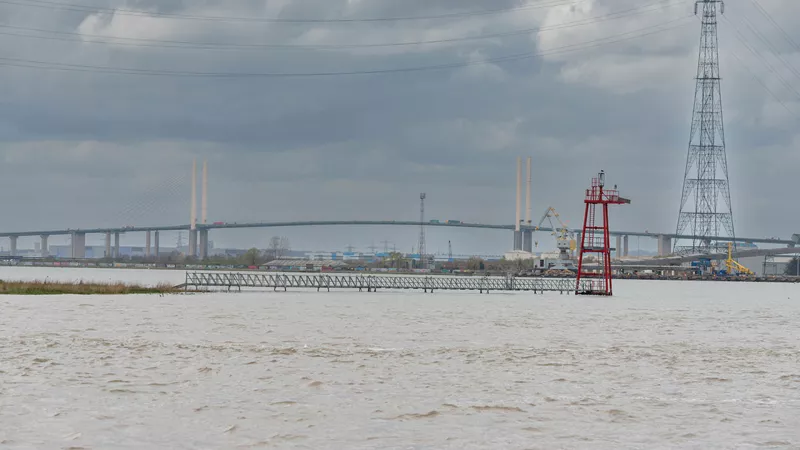Live Tides
NOTICES TO MARINERS
Charts & Surveys
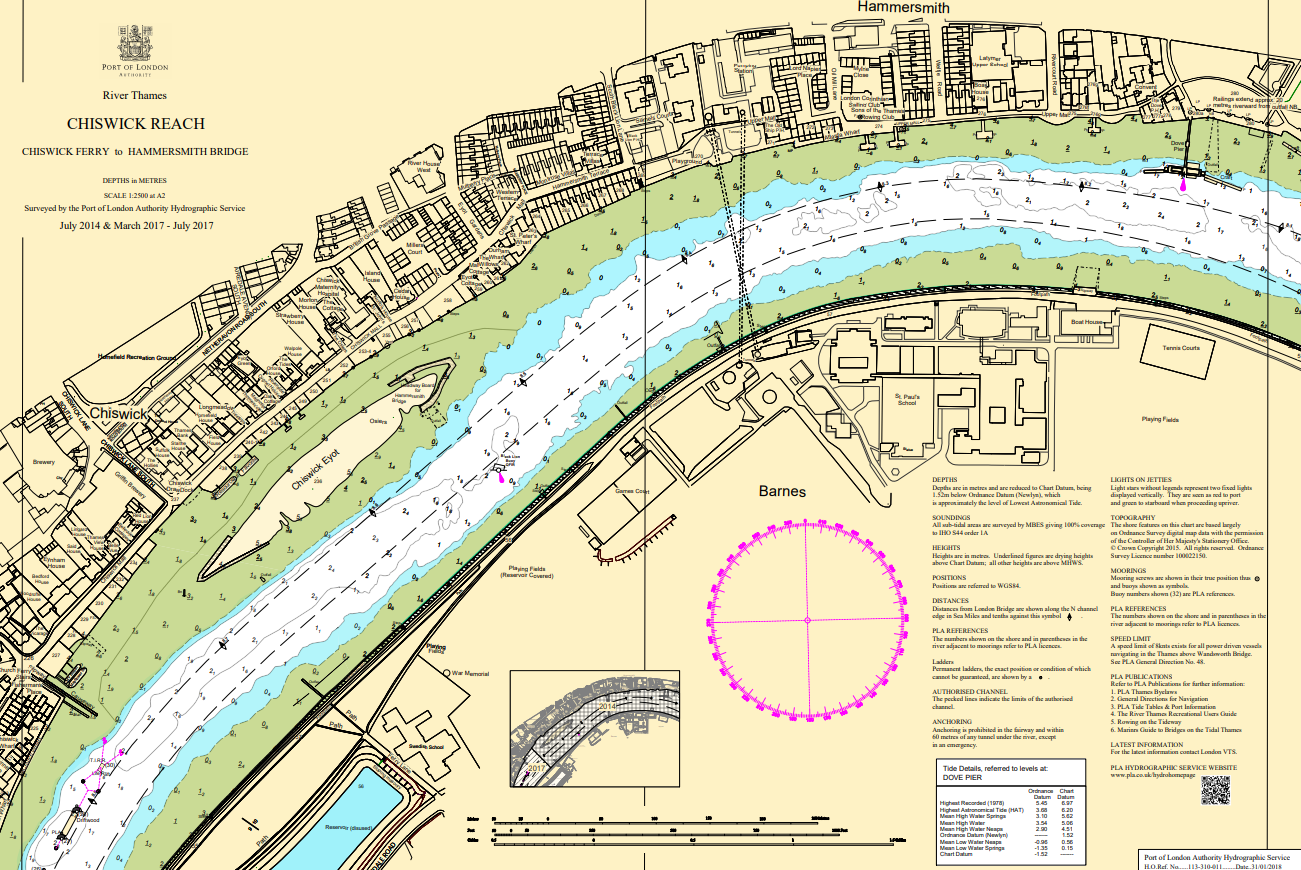
Incident reporting
Life-threatening emergencies on the river:
Call 999 and ask for the Coastguard
For near miss, safety observations and incident reporting click below
Safety must be priority for coaches and club leaders
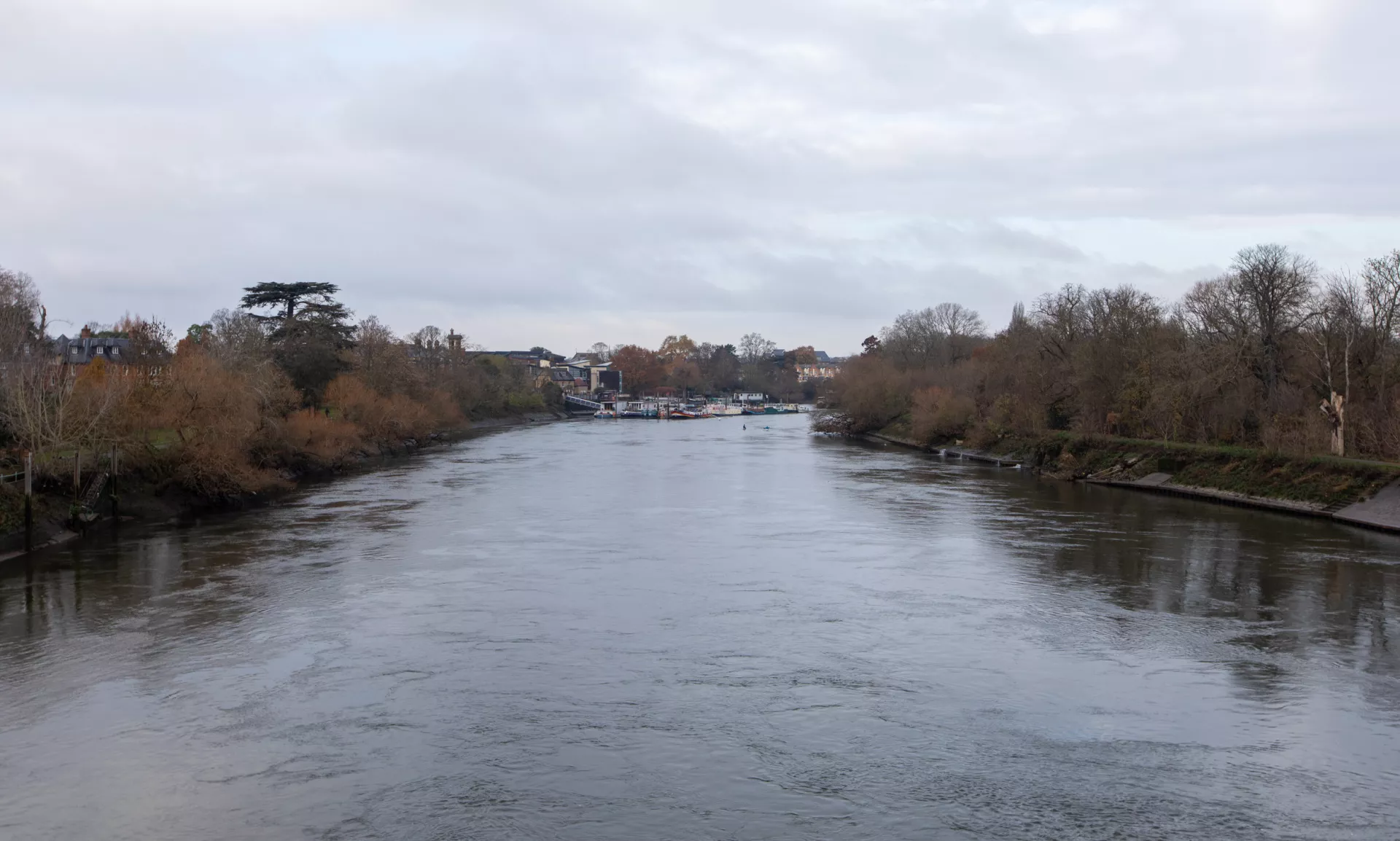
Important Reminder for All Coaches and Club Leaders: Safety must always come first, especially in winter weather and cold water conditions.
Key Information
- Coaches must understand the limits of their crew
- The safety and well-being of everyone on board should always be the priority
- If you get into any difficulty, call 999 and ask for the Coastguard
For coaches and club leaders, the responsibility is even greater. Conducting a dynamic risk assessment before and during each session is not just a recommendation; it's a necessity. This involves evaluating factors including weather, water conditions, visibility, and the skill, health, and experience of the crew. Preparation is key, so have a thorough passage plan in place and ensure you have a reliable means of calling for help in a waterproof pouch, and on your person, at all times.
"The best coaches adapt quickly to suit their participants and environment, and will cancel a session when needed. The tideway can be unforgiving and leaves very little room for error- if in doubt, don’t go out."
Assistant Harbour Master Michael Spice advises clubs and leaders "Whilst we all want to make the most of the Thames when the weather allows, it is key that all crews and coaches are pragmatic when considering going afloat. Know your crews limitations and take the time to assess the overall conditions before heading onto the water."
Coaches must understand the limits of their crew. The safety and well-being of everyone on board should always be the priority. If you get into any difficulty, call 999 and ask for the Coastguard.
PLA Sports Manager and rowing coach Jenny Cooper-Low said: “The best coaches adapt quickly to suit their participants and environment, and will cancel a session when needed. The tideway can be unforgiving and leaves very little room for error- if in doubt, don’t go out.”
Related content
Discover
